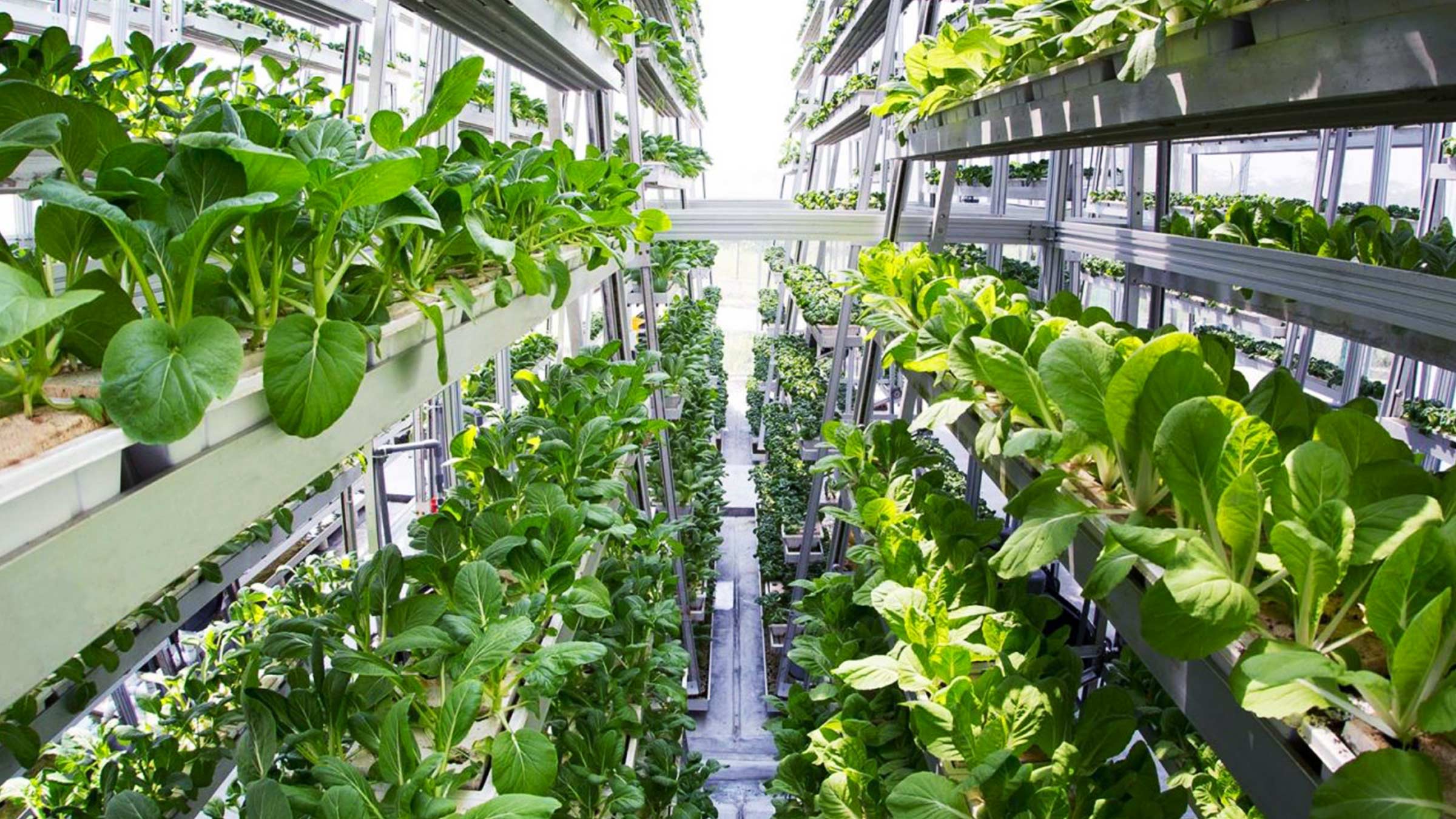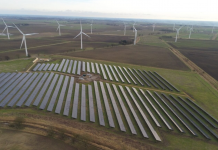Vertical, temperature-controlled, giant indoor fruit and veg farms powered by Scottish renewables are the vision of a four-company consortium announced today.
Power storage and clean hydrogen firm RheEnergise today grafted itself onto a cropping stock with cultivation trio Vertegrow, Light Science Technologies and collective UK Urban AgriTech
As the V-FAST – Vertical Farms and Storage Technologies – consortium, the quartet have earmarked sites in the Central Belt between Dunbarton and Dundee as potential plots.
Pioneered in Denmark and the Netherlands, vertical farms are giant soil-free, climate-controlled greenhouses, applying automated growing techniques to crops stacked in specially designed trays and vertical frames.
Use of water, fertiliser and pesticides are all minimised, yielding environmental benefits. Artificial lighting and climate control help achieve desired yields.
Pure Scottish renewable electricity will heat and chill the mammoth greenhouses, pumping nutrients and irrigating fruit and vegetables.
Dundee, in Angus, has long been a hub for fruit cultivation. Early in the last century, the city’s prevailing industries were famously jam, jute and journalism.
Giving the lie to a lazy Sassenach slander that three of any Scots person’s ‘five-a-day’ are a deep-fried Mars bar, battered haggis and a can of IrnBru, the partners reckon they’ll be capable of providing fresh produce to meet the needs of 60% of the nation’s population.
Scale economies matter. Each new V-FAST veg-o-barn would provide high quality food at a lower cost than can be achieved by a typical greenhouse, drawing energy from a grid.
Each plant – of the engineered variety, and not cultivated – would co-locate wind & solar generation, energy storage and crops. Lower quality land, unsuitable for traditional arable, can be used at lower cost.
Dry hydroponics
Intermittency of wind and solar would be overcome by long duration storage devices, offering 8 to twelve hours of carbon free electricity. Beyond twelve hours, RheEnergise’s High Density Hydro storage is planned to provide necessary grid stability and reliability.
Stephen Crosher, CEO of RheEnergise said: “Food production and energy are inextricably linked, with both industries striving to rapidly decarbonise and meet environmental goals.
Ploughing his furrow deeper, Crosher pointed out: “The advantages of storage collocated with a vertical farm are multiple.
“We use the same footprint, where the farm takes the upper levels and we utilise the basement. We use the same grid connection, often a significant cost for farming and storage. And the storage solution can provide additional local energy services to local consumers, enabling them too to benefit from lower energy costs.”




